Recent studies reveal unexpected environmental impacts of solar panels. Large-scale solar farms can harm local ecosystems.
They require significant land clearing and water usage. These findings challenge the perception of solar as a completely clean energy source.
Habitat Destruction: The Hidden Cost of Solar

Solar farms often occupy 10 to 100 acres of land. This development destroys natural habitats and ecosystems.
Deforestation for solar farms contributes to climate change. The loss of biodiversity impacts local and global environments.
Water Scarcity Worsened by Solar Panel Maintenance
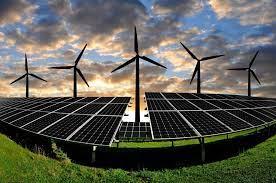
Solar panels require substantial water for cleaning and cooling. Estimates suggest 20 gallons per megawatt-hour are needed.
This usage exacerbates growing global water scarcity issues. Efficient water management systems are crucial for sustainable solar energy.
Toxic Materials in Solar Panel Production

Solar panels contain hazardous materials like arsenic and cadmium. These toxins pose risks to the environment and human health.
Manufacturing processes generate non-recyclable waste. By 2050, solar panel waste could reach 78 million tons.
Comparing Solar Energy to Fossil Fuels
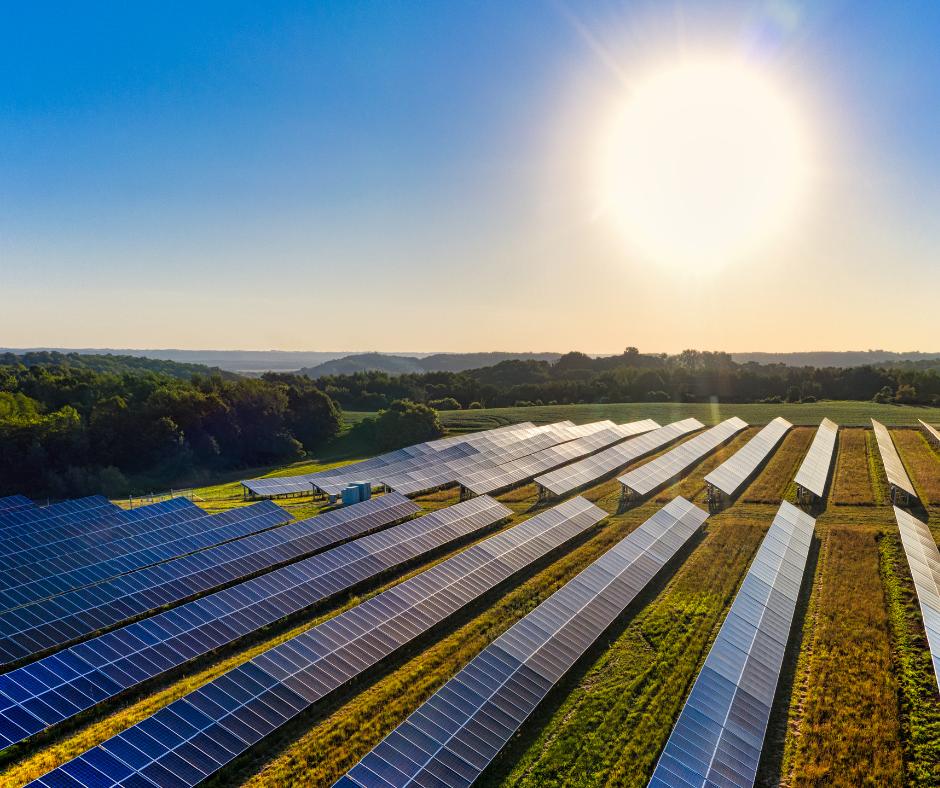
Despite drawbacks, experts still prefer solar to fossil fuels. Fossil fuels cause similar environmental damage plus greenhouse emissions.
Solar energy’s carbon footprint is significantly lower. Improvements in solar technology could further widen this gap.
Minimizing Solar’s Environmental Impact Through Innovation
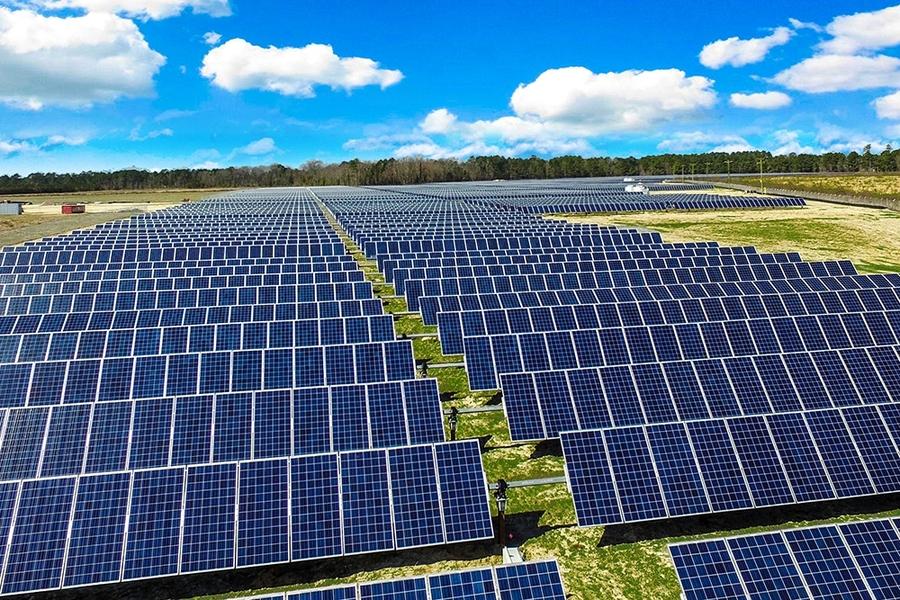
Researchers explore ways to reduce solar’s negative effects. Using existing infrastructure can prevent habitat destruction.
Recycling old panels could decrease waste generation. Developing non-toxic materials would enhance overall safety.
Wind Turbines: An Alternative with Own Challenges
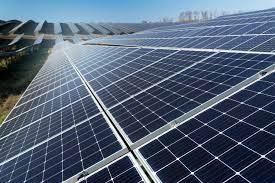
Wind energy offers another renewable power source. However, wind turbines face unique environmental concerns.
These include bird collisions and noise pollution. The debate between solar and wind energy continues.
Balancing Energy Needs with Environmental Protection

The world faces a critical challenge in energy production. Renewable sources are essential for combating climate change.
However, their environmental impacts cannot be ignored. Striking a balance is crucial for sustainable development.
Global Shift Towards Renewable Energy Sources
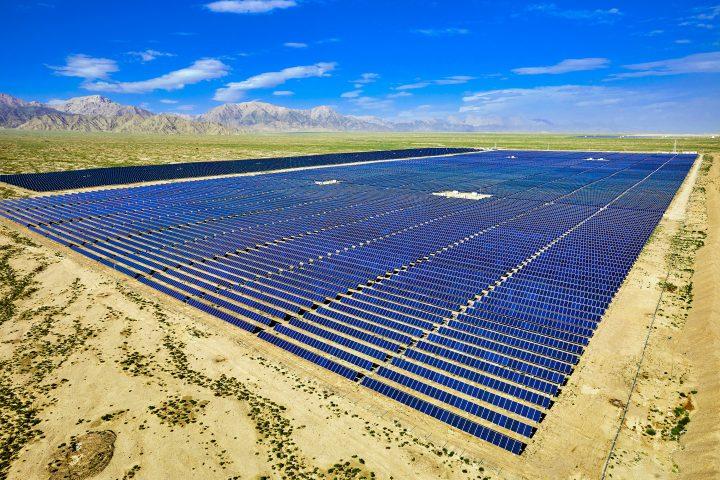
Countries worldwide are increasing renewable energy adoption. In 2020, renewables accounted for 29% of global electricity.
Solar capacity grew by 22% in 2019 alone. This trend reflects growing awareness of climate change.
Future of Clean Energy: Beyond Current Technologies
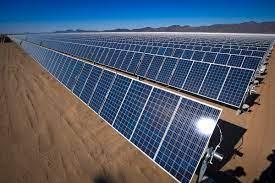
Some experts call for new, more sustainable energy solutions. Research into fusion power and advanced geothermal continues.
Improving energy storage is key to renewable efficiency. The race for truly clean energy drives ongoing innovation.


